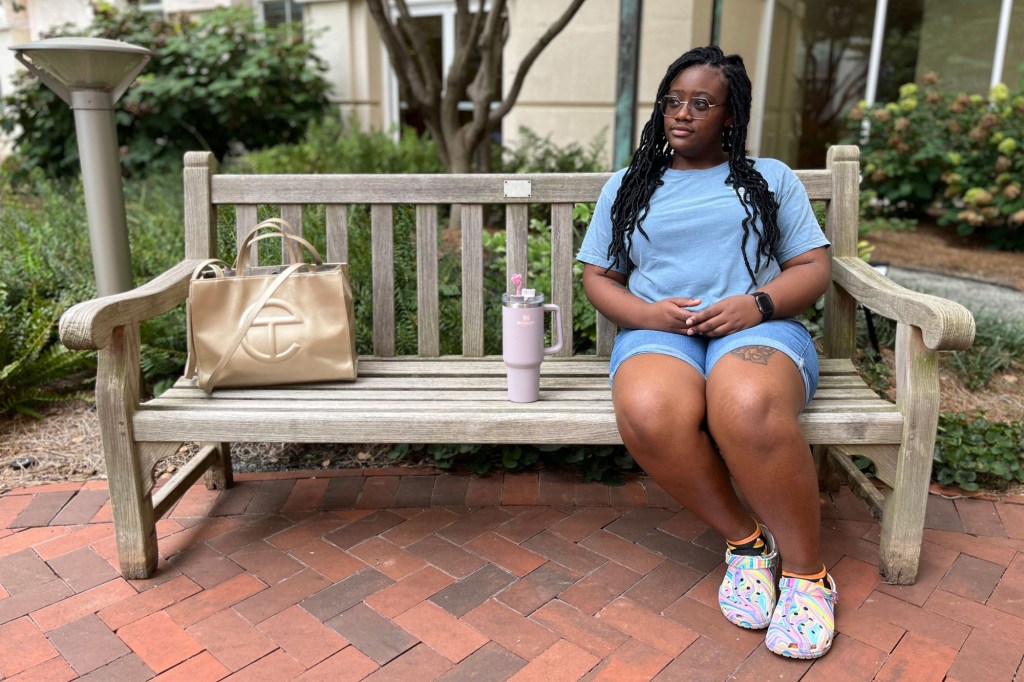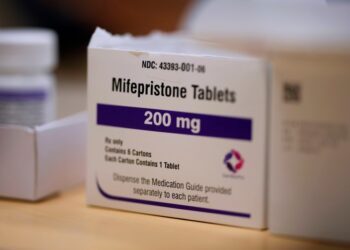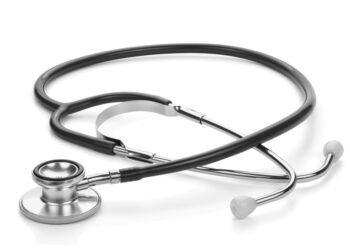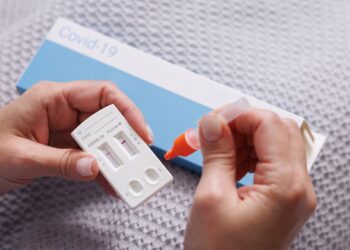Alexis Perkins thought her OB-GYN’s office in Atlanta would be just the place to get a prescription for the type of drug that reduces a person’s risk of contracting HIV.
But during a recent visit, the medical assistant who greeted her had not heard of the medicines known as preexposure prophylaxis, or PrEP, and she seemed uncomfortable discussing it, Perkins said. Her provider had heard of it but didn’t feel confident prescribing it.
“She was at least honest enough to say that she was interested in it, but she didn’t really know that much about it,” said Perkins, a 25-year-old nurse, who decided to get on PrEP after participating in a sexual health education class and thinking more about her own risk. She’s still trying to find a provider to write her a prescription.
“If I wasn’t really confident in myself, this could have been a very discouraging experience,” Perkins said.
PrEP is a crucial tool in the fight against the ongoing HIV epidemic and, when taken as prescribed, is highly effective at preventing infection from sexual contact or injection drug use.
But more than a decade after the first PrEP drug was approved for the U.S. market, one of the groups that would benefit most from the medications isn’t taking them: Black women, such as Perkins, whose gender identity align with their sex assigned at birth.
Doctors, public health researchers, and those who provide HIV treatment and prevention services say long-standing, systemic factors, such as stigma and racism, are major barriers to PrEP uptake among cisgender Black women. Transgender Black women face obstacles to PrEP uptake as well, especially discrimination related to their gender identity.
But many researchers focus on cisgender Black women, who, they say, are often overlooked by the health care system and face obstacles like: noninclusive marketing leading to a lack of awareness about who would benefit, fewer treatment options…
Read the full article here







